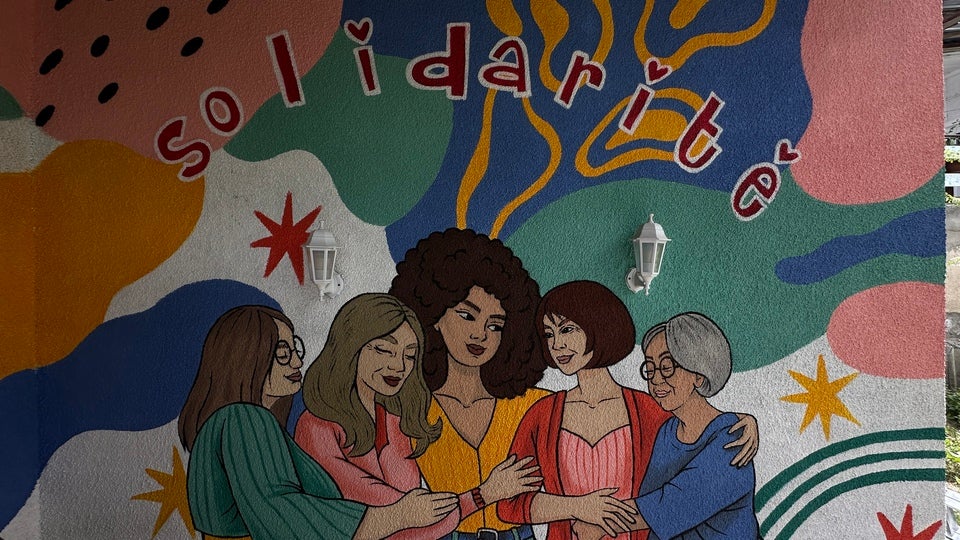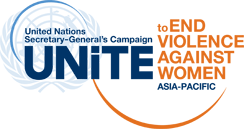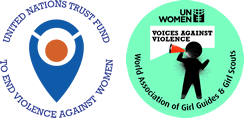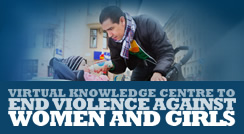
Elimination of Violence against Women and Girls

UN Women works jointly with the Government and non-State partners towards the overarching goal of ending violence against women and girls (EVAWG) in Georgia. To this end, UN Women provides technical support to the Government to meet its targets under the nationalized Sustainable Development Goals (SDGs), particularly SDG 5, and to further ensure that national legislation and policies are in compliance with Georgia’s international human rights commitments and obligations. In this regard, UN Women prioritizes support for the harmonization of the Georgian legislation with the CEDAW, its General Recommendations and Concluding Observations; recommendations generated through the Universal Periodic Review process and Special Procedures of the Human Rights Council; the agreed conclusions of the Commission on the Status of Women; and the Council of Europe Convention on preventing and combating violence against women and domestic violence (Istanbul Convention). In 2022, with UN Women’s technical support, the Government of Georgia adopted a regulation on issuing compensation to the victims/survivors of violence against women and/or domestic violence (VAW/DV), and the Parliament of Georgia adopted a bill to increase access to VAWG/DV services for survivors of violence.
With the support of UN Women, fully sustainable State-run services for survivors of domestic violence have been established, such as six domestic violence shelters, seven crisis centres and a nationwide toll-free hotline (116 006) that also provides services in eight languages besides Georgian. In order to increase awareness of the hotline and services, and to promote zero tolerance for VAWG/DV, UN Women regularly supports national partners in conducting awareness-raising and outreach initiatives involving champions of EVAWG from the fields of sport, media and the arts. Moreover, UN Women works closely with key actors engaged in intersectoral coordination, referral and service provision to the survivors of domestic violence and sexual violence, including but not limited to the Public Defender’s Office, police, prosecutors, lawyers, judges and social workers. Technical support is rendered to national partners in the development and implementation of a socioeconomic rehabilitation programme for survivors of domestic violence, as well as a behavioural correction programme for perpetrators of domestic violence.
The establishment of a risk assessment methodology, the revision of the procedures to issue restrictive orders, and the introduction of an electronic surveillance mechanism by the Ministry of Internal Affairs of Georgia are among the other positive steps supported by UN Women. Apart from that, with UN Women support, since 2018, specialized prosecutors have been assigned to domestic violence cases. Importantly, in order to enhance access to justice for sexual violence victims, specialized prosecutors have also been assigned to sexual violence crimes since 2021.
The collection and analysis of data on VAWG is another key area of UN Women’s work to inform the development of evidence-based policies and programmes and to assess progress towards the achievement of the nationalized SDGs relevant to EVAWG. The second round of the National Study on Violence against Women, carried out in partnership with GEOSTAT in 2022, provided updated nationally representative data on VAWG, including but not limited to intimate partner violence, violence during pregnancy, sexual harassment, stalking, childhood experiences of violence and gender attitudes.
UN Women’s efforts to end violence against women and girls in Georgia have been primarily supported by the Government of Sweden since 2010 and the European Union Delegation to Georgia since 2016.


